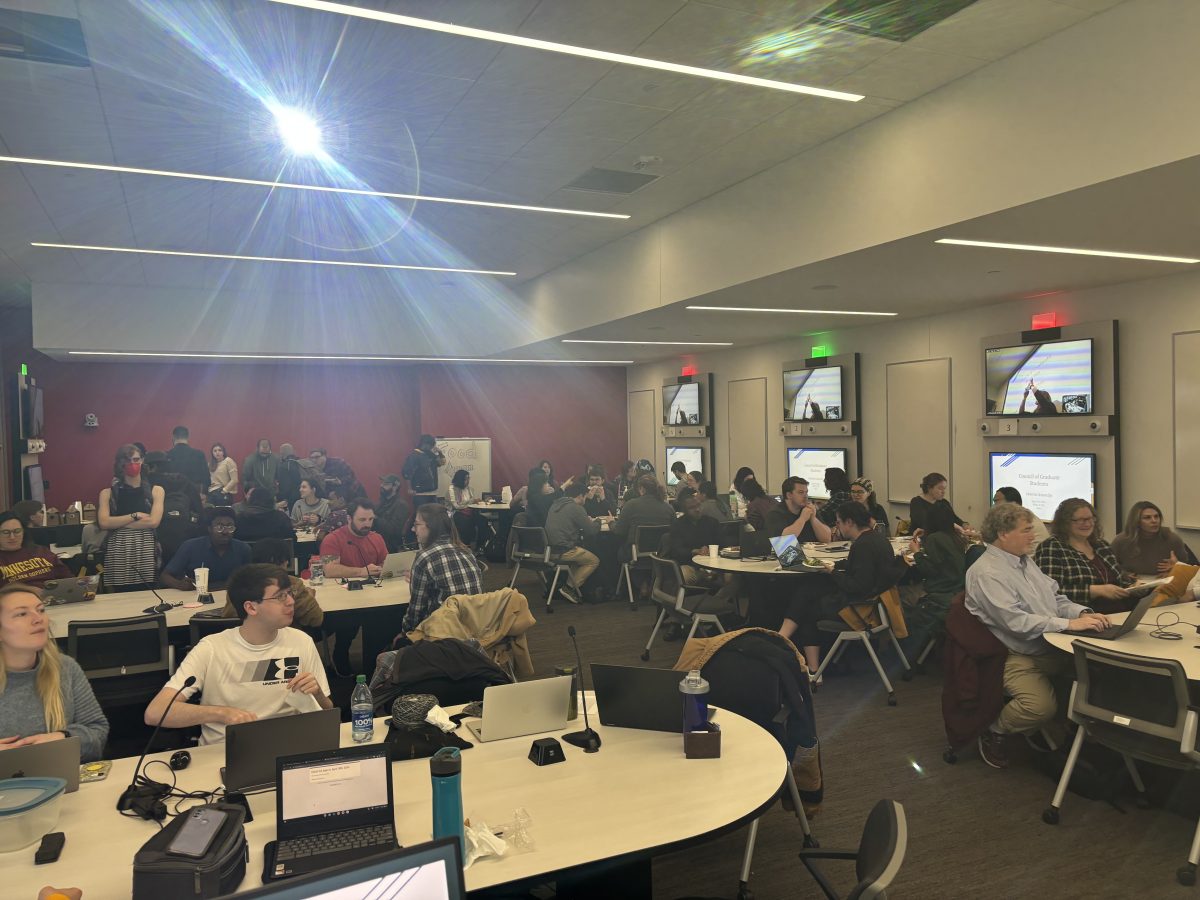W By Sonni Efron
 ASHINGTON – What was Kim Jong Il thinking?
ASHINGTON – What was Kim Jong Il thinking?
As North Korea-watchers in Washington and Seoul, South Korea, on Thursday digested the bombshell admission that Pyongyang has a secret nuclear weapons program, speculation centered on what motivated the secretive, Stalinist North Korean leader to fess up – and whether the Bush administration can justify negotiating with North Korea while threatening to invade a similar nuclear aspirant, Iraq.
Analysts agreed that only Kim himself could have made the snap decision to admit to visiting U.S. diplomats two weeks ago that the evidence they presented showing North Korea had been working for more than two years on an uranium-based nuclear weapons program was accurate.
Some speculated that the regime’s unapologetic confirmation that North Korea has “a nuclear weapons program and more” was motivated by the fear that the Bush administration, once it finishes its invasion of Iraq, intends to turn its wrath on another nation that President Bush has identified as a member of an “axis of evil”: North Korea.
“Don’t disregard North Korea’s paranoia and its fear of a U.S. attack,” cautioned L. Gordon Flake, a North Korea expert and head of the Mansfield Center for Pacific Affairs in Washington. “The more the U.S. displays its capacity to and willingness to extend its reach – and what some people see as violate the sovereignty of other countries – the more frightened North Korea becomes.”
Larry Niksch, an Asia specialist with the Congressional Research Service, said: “The message is, `Wwe have powerful weapons, more powerful than Iraq, and if you’re thinking about coming after us for your next target after Iraq, you better think twice because we can hit back harder than the Iraqis can.’ “
The question for U.S. policy-makers is how to appear to have a consistent policy toward both proliferators, while taking into account the fact that the two nations pose dramatically different security challenges.
The fundamental difference is that North Korea once threatened to turn Seoul into “a sea of fire” if attacked, and the U.S. military has long judged that Pyongyang is entirely capable of doing so.
North Korea has a standing army of 1.2 million, about 70 percent of which is forward-deployed within 60 miles of the Demilitarized Zone, and about 10,000 artillery pieces dug into hardened positions in easy range of the South Korean capital.
Although North Korea would certainly lose a war with the U.S.-backed South Korea, U.S. military planners have long concluded that the South could suffer millions of casualties before the Northern threat would be neutralized.
“Seoul is held hostage,” Flake said.
North Korea has frequently issued military threats to bolster its diplomacy. Playing the nuclear card is the ultimate message to Washington that however impoverished North Korea may be, its military might is not to be underestimated.
“Part of the phenomenon was, `I am North Korea. Hear me roar! I can make nuclear weapons,’ ” a senior State Department official said.
Others interpreted the confession as a characteristically clumsy North Korean way of coming clean with the United States in hopes of forging a new and better relationship. They note that North Korea’s recent charm offensive toward Japan featured Kim’s awkward confession that his military abducted Japanese civilians.
Many analysts saw the North Korean admission as a prelude to proposing a bargain. During the Clinton administration, Pyongyang repeatedly floated the idea that Washington might compensate North Korea for giving up weapons sales – an idea the Bush administration finds ideologically intolerable.
“At a minimum, he’s trying to put North Korea back on the U.S. radar screen,” said Robert Einhorn, who spent years negotiating with North Korean diplomats as the Clinton administration’s point man on missile control. “The Bush administration has not placed North Korea at the center of its universe, and I think North Korea would like to get (its) attention.
“It probably signals that the North Koreans are willing to bargain over this program,” Einhorn added. “Whether the Bush administration is prepared to bargain is another story.”
(Begin optional trim)
And some observers said that North Korea’s decision to pursue a weapons program as a secret insurance policy against superpower America and its South Korean ally, while simultaneously seeking better relations with Japan and South Korea, is not as irrational as it might seem.
“If they’re like us, they have a foreign ministry that wants to have better relations and they have a defense ministry that wants to have better weapons,” said Gary Milhollin of the Wisconsin Project on Nuclear Arms Control in Washington. “They’re about as rational as we are.”
(End optional trim)
Whatever Kim’s motivation, the fact that the Bush administration waited 12 days to make the news public – and then made a vague announcement only when the story began to leak out – shows what a difficult dilemma the disclosure poses for American policy-makers, foreign policy experts said.
The words “nuclear weapons program and more,” used by Pyongyang in its admission, are widely interpreted to mean biological and/or chemical weapons, which the United States and Japan have long suspected North Korea of developing.
That means North Korea could have virtually the same arsenal of mass death that the United States insists Iraq must be denied. Iraqi President Saddam Hussein denies having any weapons of mass destruction, but U.S. officials say they do not believe him.
Despite Iraq’s presumed chemical and biological arsenal, its military threat is far less certain, defense experts said, and the West does not believe that Iraq has a nuclear weapon – yet.
“Nobody can foresee a low-cost war in North Korea, whereas some people can forsee a low-cost war in Iraq,” Milhollin said.
Moreover, while the United States views Kim as a repressive dictator who uses terror, runs a vast prison camp system and is believed to have allowed his people to starve while he expanded his weapons program, he does not have Saddam’s track record of aggression.
“North Korea has never used weapons of mass destruction. Iraq has,” said Mitchell Reiss, a former official with the Korean Energy Development Organization and now dean of international affairs at William and Mary College in Williamsburg, Va. “North Korea in the last 50 years has not invaded a neighboring country. Iraq has. North Korea is not in violation of any U.N. Security Council resolutions. Iraq is.”
The Bush administration can nevertheless signal a consistent approach by insisting that the North Koreans submit to unfettered inspections by the International Atomic Energy Agency, just as it demands the Iraqis do.
Analysts said the administration was signaling a cautious, multilateralist approach that enlists support from Japan, South Korea, Russia and China in pressuring North Korea to allow such inspections.
Next, the Bush administration would likely try to reimpose stiff international sanctions that would wipe out the political and economic gains that North Korea has recently scored.
If that should fail, the United States might increase the military pressure on North Korea while stopping short of an attack, said Niksch.
Analysts expressed the fervent hope that the Bush administration would find a face-saving way for the North Koreans to capitulate and allow inspections, as the prospects for a favorable outcome to any military confrontation are grim, they said.
“There are no good options on the Korean peninsula,” Flake said.
















